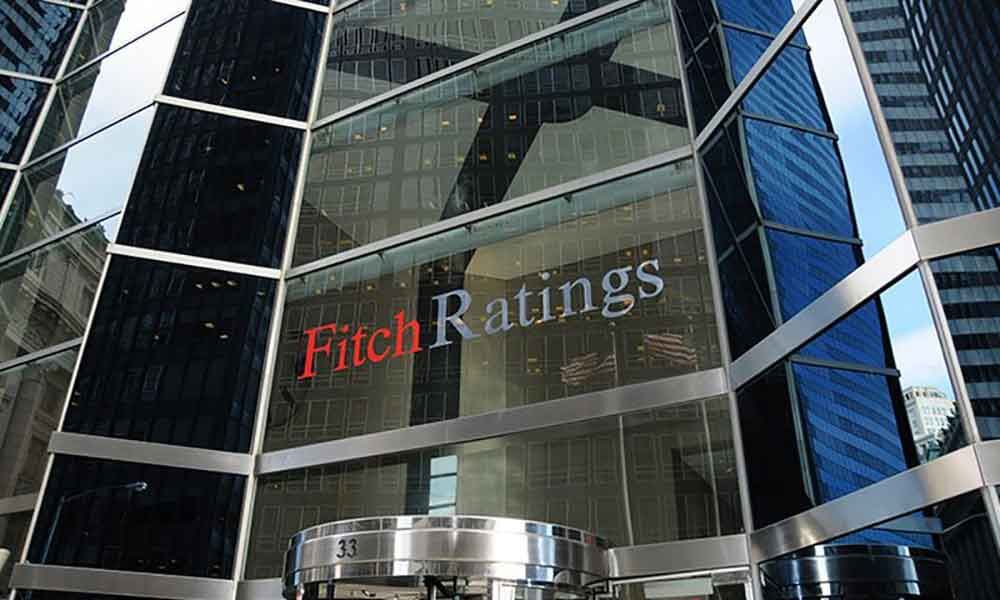NBFIs face renewed asset quality risks: Fitch

NBFIs face renewed asset quality risks: Fitch
New Delhi: Non-banking finance companies face renewed asset quality and liquidity risks amid a second wave of Covid-19, Fitch Ratings said on Thursday.
These challenges are likely to increase if recent restrictions to contain the pandemic are expanded or prolonged, leading to greater economic and operational disruption, it added.
The rating agency further said that an increase in the rate of infections and broadening of social distancing restrictions pose downside risks to its 12.8 per cent growth projection for the current fiscal. "India's non-bank financial institutions (NBFI) face renewed asset quality and liquidity risks amid a second wave of coronavirus infections," Fitch Ratings said in a statement.
It said a key Covid hotspot is Maharashtra, the state with the largest economic contribution in India at 13-14 per cent of the national GDP. Maharashtra introduced stricter social-distancing measures over the weekend in response to rising coronavirus cases, including weekend curfews and weekday activity restrictions till end-April 2021.
Several other states - Gujarat, Punjab, Delhi and Chhattisgarh, which together account for about 16 per cent of national GDP - have also implemented additional restrictions, including night curfews.
"The economic impact of these curbs will depend on their duration and severity. Expanded curbs could derail the fragile recovery in India's NBFI sector since a nationwide lockdown was gradually relaxed from mid-2020," Fitch added.
SMEs, commercial vehicle operators, microfinance and other wholesale borrowers remain at greater risk of stress in this environment, particularly as financial buffers would have narrowed after the severe economic shock over the past year.
Production and supply chains remain susceptible to labour shortages if the large-scale urban-to-rural labour migration recurs.







